The Walt Disney Company encounters a lot of problems as their absurd empire spirals out of control. Unfortunately, they seem to have exactly one solution that they relentlessly wield to meet every scenario. Disney doesn’t move forward very often anymore. They only know how to take ideas that their creators made iconic between 20 and 100 years ago, dredge them up from their graves, and present them with shinier graphics and far worse execution. This has earned them considerable financial winnings, brutal critical and audience reactions, and rapidly diminishing returns. However, it kind of worked once, bringing the world 2016’s The Jungle Book.
Nostalgia is becoming an increasingly complicated concept in the current blockbuster ecosystem. Nearly every self-respecting moviegoer would swear that they’re looking for something new from the next massive hit. Unfortunately, they frequently ignore those outings and show up for reheated leftovers. There seems to be some backlash, as 2023 was the first year in decades that saw (somewhat) original films claim the top three box-office spots. Of course, 2024 represented a sharp return to form with exactly one original adaptation among all the sequels, crossovers, and remake-prequels in the top five.
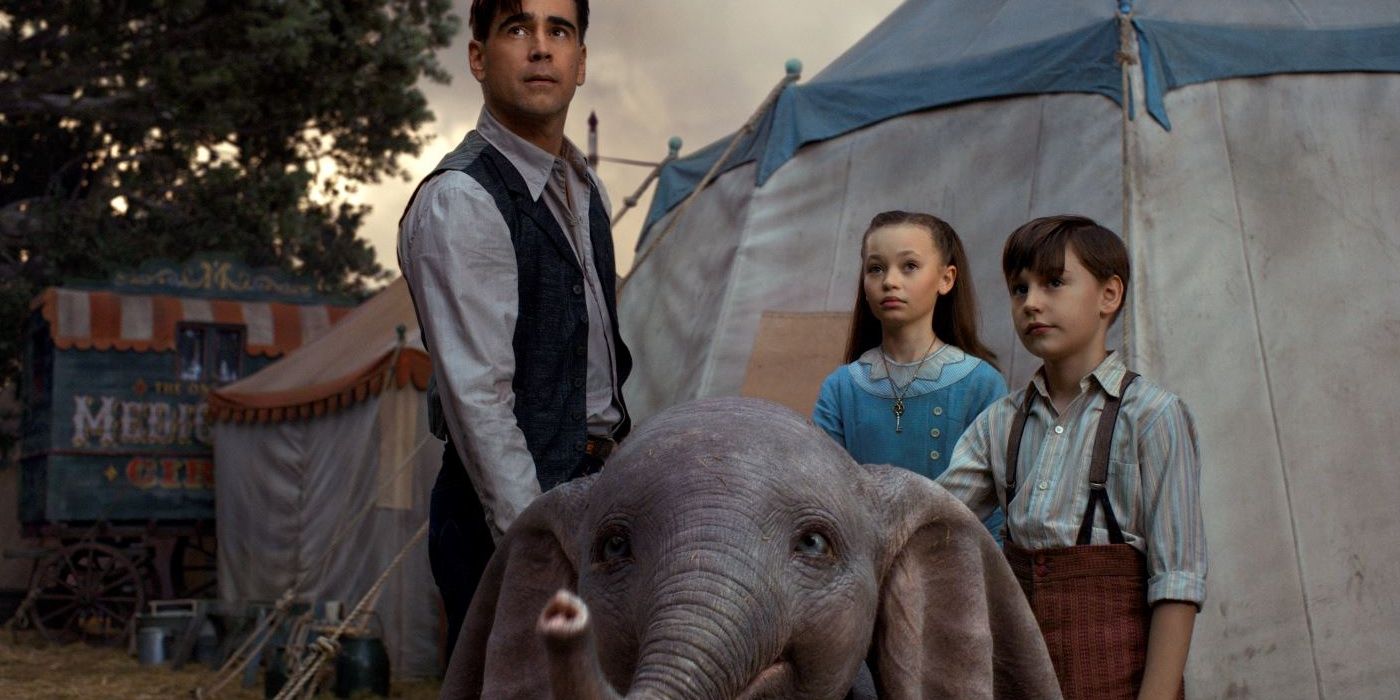
Related
Why Do People Hate Disney’s Live-Action Remakes?
With classics like Lilo & Stitch set to join Disney’s live-action canon, why are these films so poorly received and how do they rake in so much cash?
Disney’s Live-Action Snow White Remake is Struggling
|
Director |
Marc Webb |
|---|---|
|
Writer |
Erin Cressida Wilson |
|
Stars |
Rachel Zegler, Andrew Burnap, and Gal Gadot |
|
Release Date |
March 21, 2025 |
|
Opening Weekend Box-Office |
$42,206,415 |
Disney’s Snow White is, unadjusted for inflation, the 20th most expensive film ever made. It’s still in the top 100 with the benefit of inflation. The overwhelming majority of the movies that sit above it on either list are also Disney properties, though most of them made their money back and more. Marc Webb’s Snow White cost between $240 and $270 million to make, making its $42 million opening weekend a genuine disaster. Many factors contributed to this cataclysmic downfall. Since it’s 2025, politics play a considerable part. Disney dared to cast a non-white person in a movie, earning the ire of the internet’s least likable, meaningful, and/or employable hate mobs. The studio actually managed to catch blowback from those aforementioned racists for casting Rachel Zegler and from those protesting Israel’s treatment of Palestine for casting Gal Gadot. Beyond that, they changed the story considerably, irritating hardcore fans who just wanted a more expensive version of their favorite 88-year-old cartoon. The film was mired in controversy from the start, giving just about everyone a reason to sit this one out. Perhaps, above all else, people didn’t go see Snow White because they’ve seen some of Disney’s other soulless live-action remakes, prompting very few viewers to push past all the muck into the theater.
The Jungle Book May Be the Only Good Live-Action Remake
The Jungle Book is the eighth-most-expensive live-action Disney remake, though, like its peers, the “live-action” tag remains questionable. The film definitely includes more real footage than The Lion King, but the animals are all still animated, albeit with better technology than the previous iterations. Unlike its peers, The Jungle Book is a critical darling that actually delivers on the promise of its pitch. It’s a reinterpretation of the original text that deftly blends the source material with its earlier cinematic adaptation. Despite sharing a ton of details with other examples of the form, The Jungle Book comes together in a way that completely defies its origin story. It’s got an all-star voice cast, a massive budget, and plenty of straightforward callbacks. Is it perfect? Absolutely not, but it is the only notable standout example of this genre.
Could Future Live-Action Remakes Learn a Lesson?
There’s no reason to believe that Disney will stop doing this, even if Snow White falls several million dollars short of its break-even point. If there’s a lesson to be learned in The Jungle Book, it’s tragically imprecise. The Jungle Book succeeds because it has a degree of heart that is utterly absent from the vast majority of its peers. The other examples tend to feel pandering, grim, and soulless, drowning any chance they have to attain sympathy from fans. This is the bitter irony of these films; they only succeed by trading off nostalgia, but they can only survive by improving on what came before. They need what they need for any other massive franchise: a creator who has something to add and the willingness to bring it to the screen. It’s a black hole of creativity in which the best examples struggle to eke out enough money to survive while the biggest names hog the spotlight. The only hope is for entries like Snow White to crash and burn.
The Lion King is to blame for most of Disney’s current state. They made an absurd amount of money once, so they’re prepared to try again and again. One success is enough to shape their policy for a decade, but they’ll probably need more than one failure to break that cycle. The Jungle Book should be their model, but The Lion King will stand as their desperate dream scenario until they fail enough times to start over. Heart is a hard thing to fake, but maybe Disney will eventually realize the missing ingredient. Director Jon Favreau even left The Jungle Book 2 to direct The Lion King. Anyone who isn’t already boycotting Snow White might consider doing so in the vague hopes Disney will change its ways.
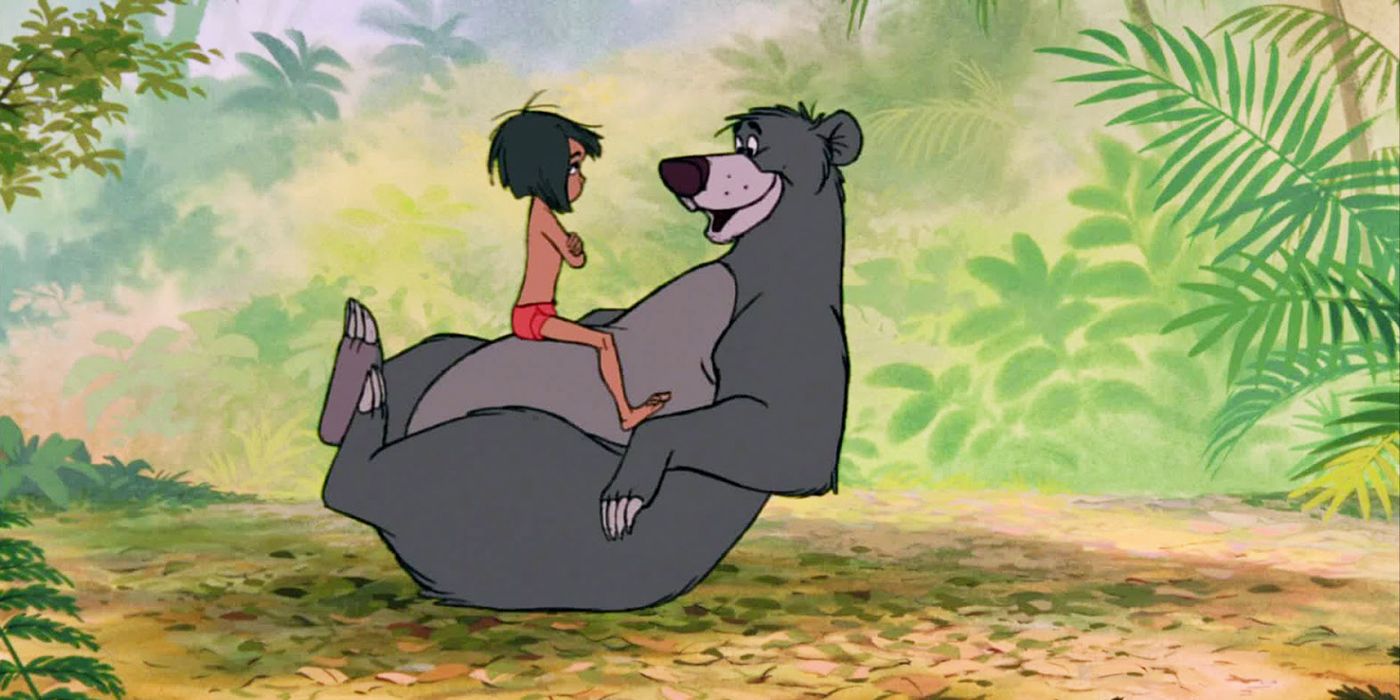
Related
Fans Say The Jungle Book’s Bare Necessities Is Disney’s Happiest Song
Younger Disney fans preferred songs from Moana and Lion King, but there’s no stopping a bear singing about pawpaws and prickly pears.

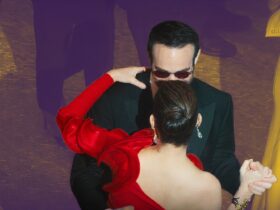
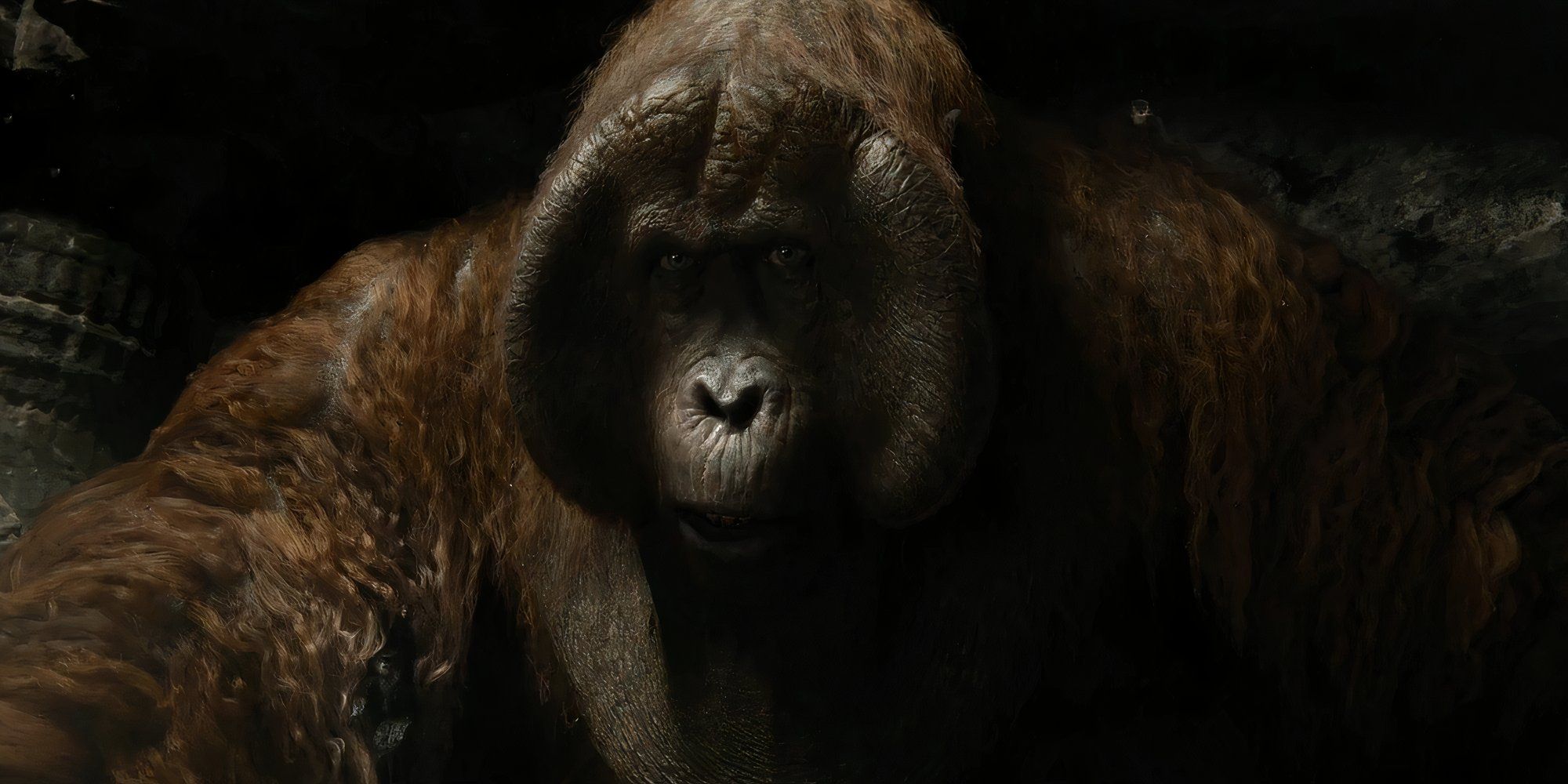






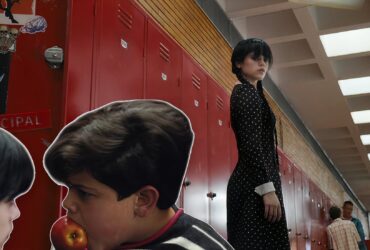


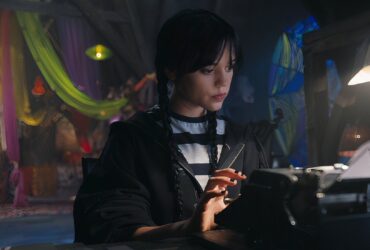
Leave a Reply